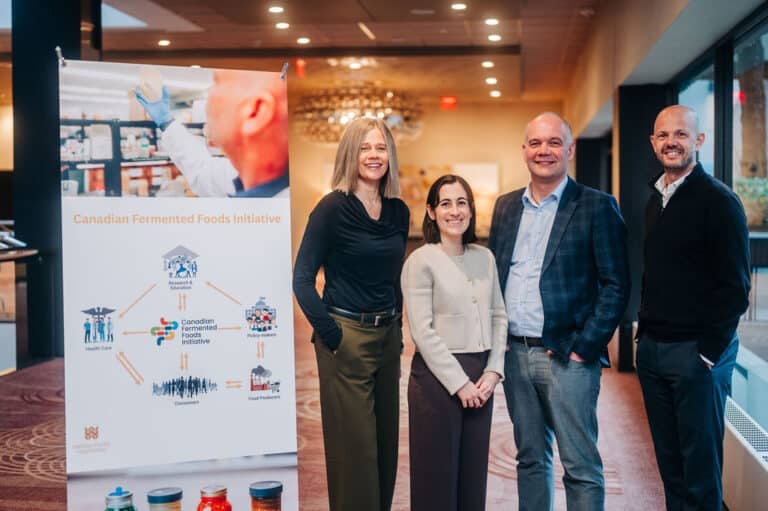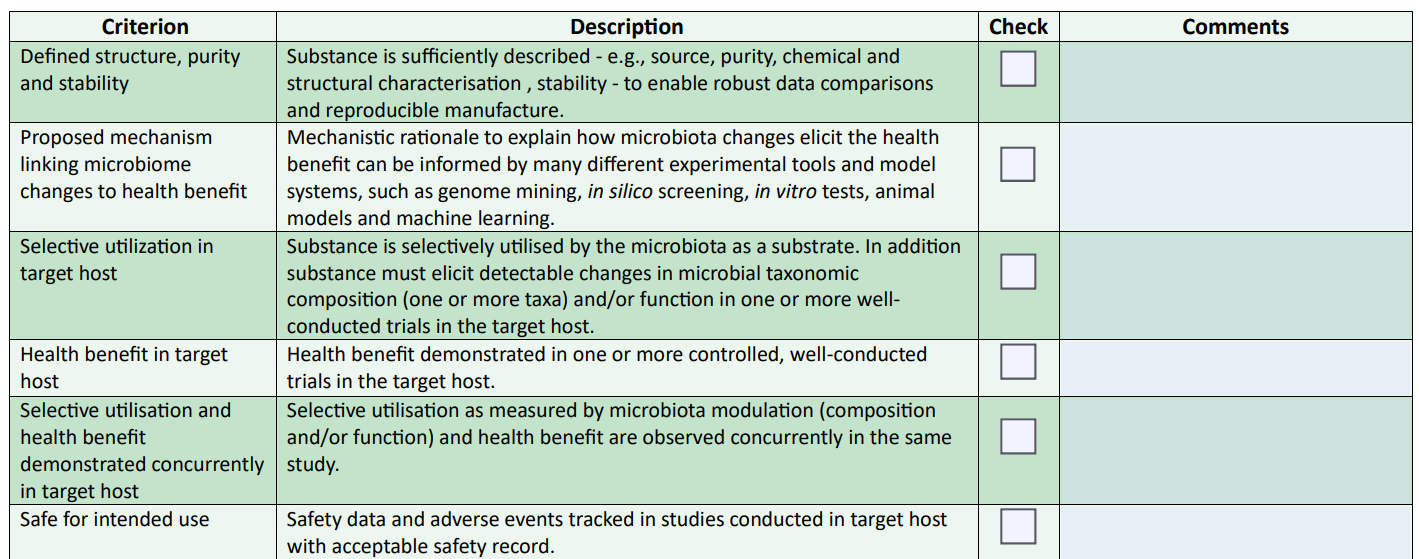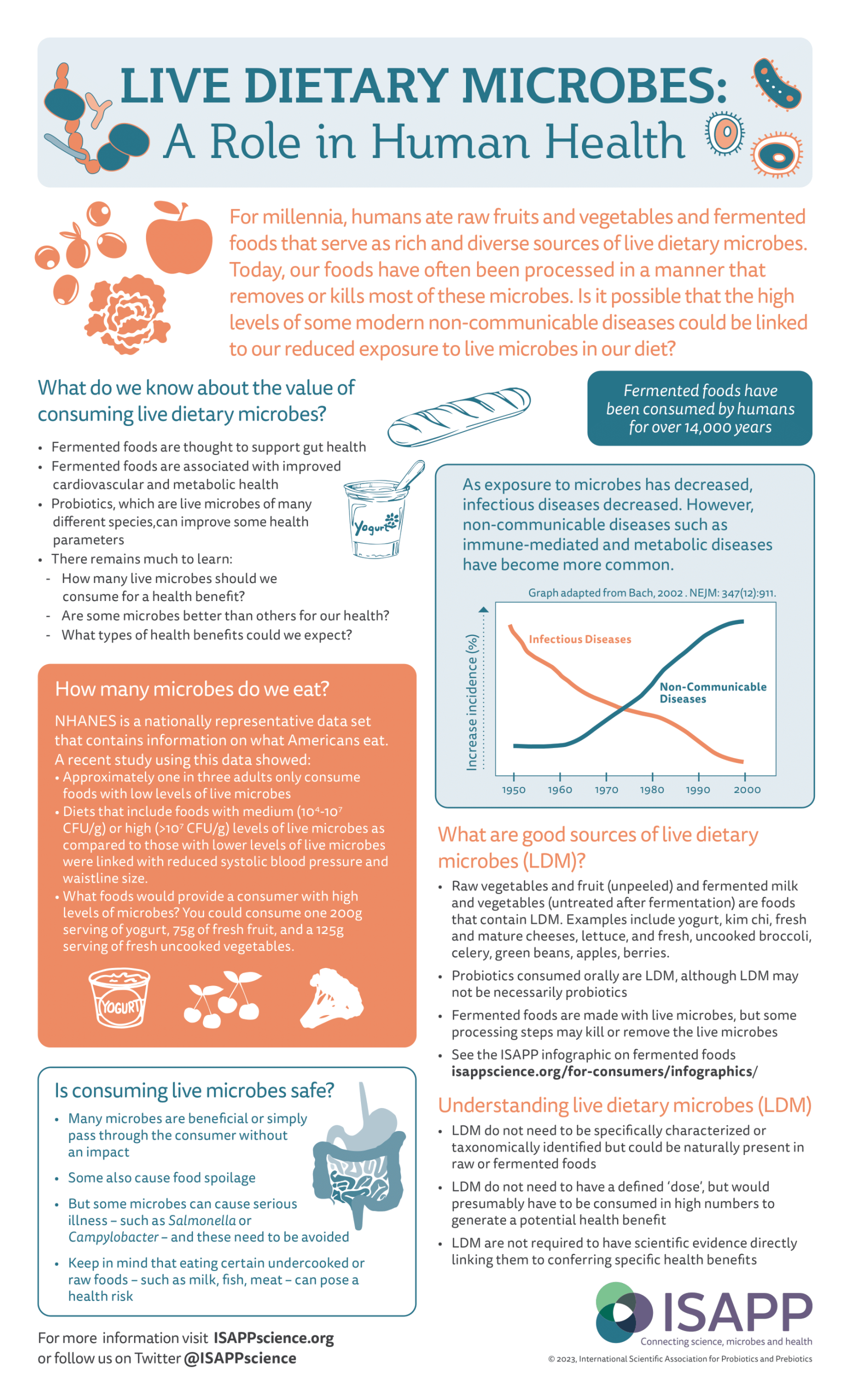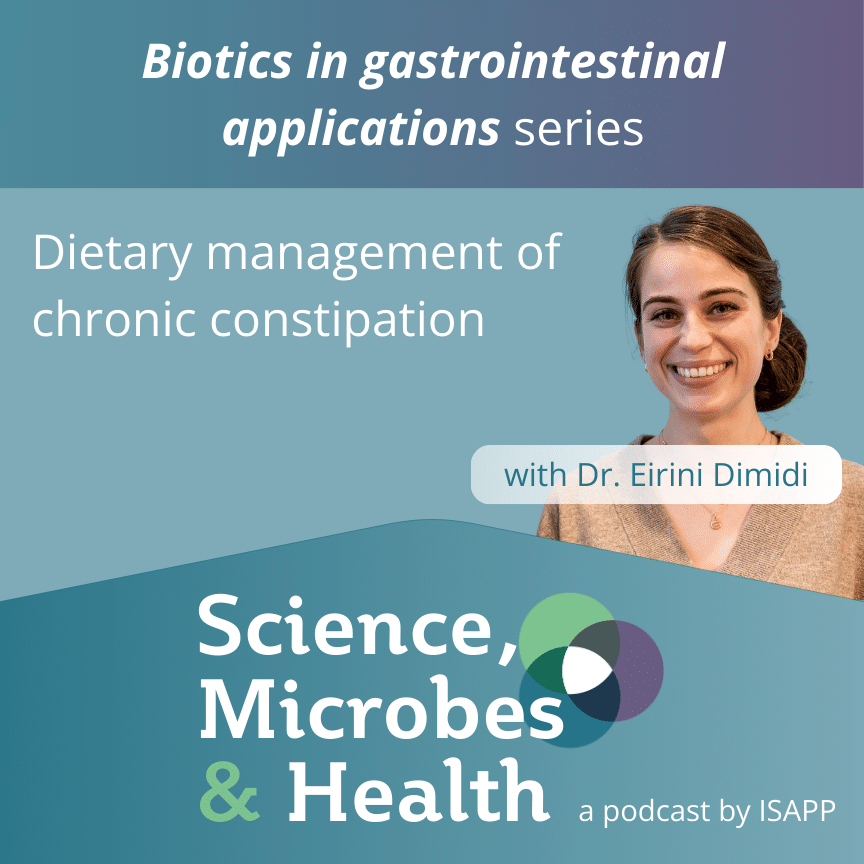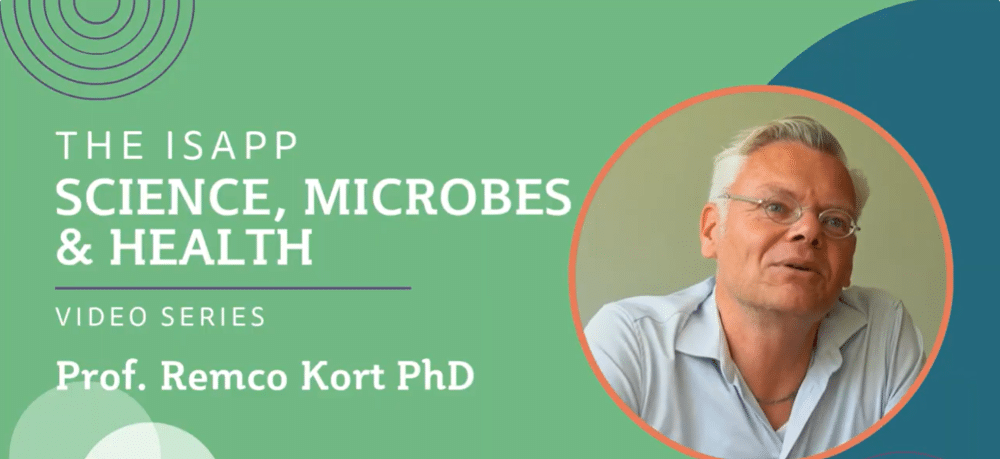International Scientific Association for Probiotics and Prebiotics
We advance scientific excellence in probiotics, prebiotics, synbiotics, postbiotics and fermented foods.What We Do
Scientific leadership
Identifying key priorities and controversies in the field, we bring together leading scientists to publish evidence-based summaries that highlight research gaps and provide expert perspectives to move the field forward.
Community building
We bring together researchers in the field from across academia, industry and government, supporting scientific discussions that lead to new collaborations and rigorous research outputs.
Growing knowledge
We engage with researchers, clinicians, industry members, students, the media,and the general public, communicating evidence-based information on the use of probiotics, prebiotics, synbiotics, postbiotics and fermented foods.
What’s New
-
Fido Needs an Antibiotic: Are There Strategies to Maintain Gut Integrity and Restore Gut Microbiota?
Despite their risks and complications, antimicrobials have their role in managing canine diarrhea and gastrointestinal enteropathies. So, what can be done to minimize the negative… -
How do you know whether your gut microbiome is in good shape?
Scientists know gut microorganisms were interconnected with gut health and overall health in multiple ways. But how do you know if you have a healthy… -
Canada’s Fermented Foods Initiative Hosts Inaugural Workshop: A Cross-Sector Conversation Begins
Toronto hosted the inaugural workshop of the Canadian Fermented Foods Initiative (CFFI), a new effort designed to support and advance research, education and innovation on…
Building a thriving community of scientists collaborating on rigorous research and providing expert guidance for the field.
ISAPP activities have impact in the scientific field and beyond.

Key Topics
Looking for information? ISAPP has a wealth of science-based resources for learning about probiotics, prebiotics, synbiotics, postbiotics and fermented foods.
Explore Topics Here
Many consumer products that are labelled “probiotic” don’t really qualify as probiotics. Find out which products meet the criteria for probiotics and what they can do for your health.
Prebiotics are often confused with dietary fiber, but some important differences exist. Learn about prebiotics and where to find them in both foods and supplements.
From chocolate to yogurt to kimchi, some of your favorite foods may owe their distinctive flavor or texture to the work of microbes. Discover the role of microorganisms in fermented foods and what we know about their health benefits.
Many of the safe, live microorganisms found in foods don’t qualify as probiotics, but they may still be worth consuming every day. Discover where to find live dietary microbes and how they may benefit your health.
Learn more about how the ISAPP community advances the science of probiotics, prebiotics, synbiotics, postbiotics and fermented foods.
Featured Resources
-
Checklist of Cumulative Required Evidence for a Prebiotic
The aim of this checklist is to provide researchers clearly stated criteria that may assist with the scientific rationale for calling a substance ‘prebiotic’. -
Live Dietary Microbes: A Role in Human Health
Recent research has linked consumption of higher numbers of live dietary microbes with general health benefits — so it may be worth trying to include more of them in your daily diet. -
Dietary management of chronic constipation, with Dr. Eirini Dimidi PhD RD
This episode features Dr. Eirini Dimidi PhD RD from King’s College London (UK), speaking about the recently published British Dietetic Association’s guidelines for dietary management of chronic constipation. Constipation can be a major concern for patients, but evidence around some of the most common dietary recommendations for addressing it has remained unclear. After a thorough… -
Science, Microbes & Health Video Series: Prof. Remco Kort PhD
In this Science, Microbes & Health video, get to know Prof. Remco Kort PhD, the winner of the 2025 Sanders Award for Advancing Biotic Science. Prof. Kort describes his scientific outreach work on the Micropia Museum and Yoba for Life.


